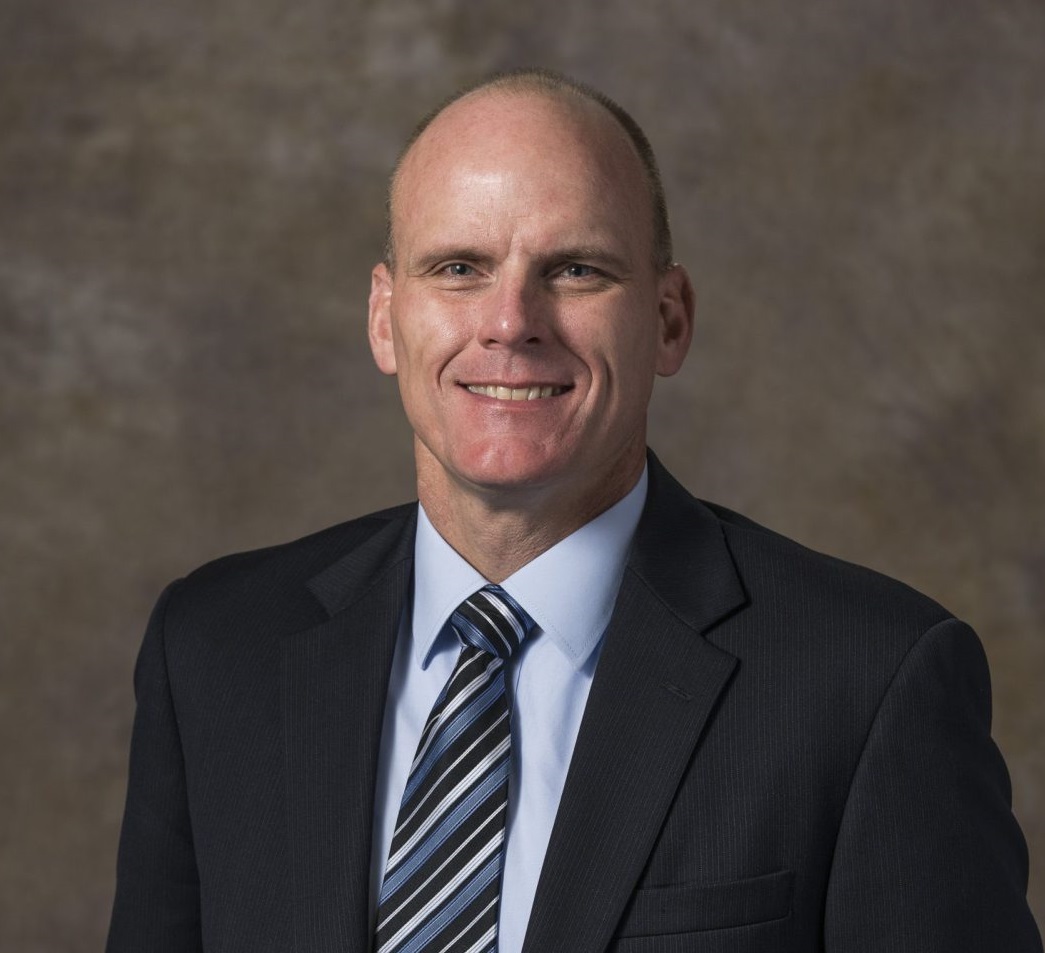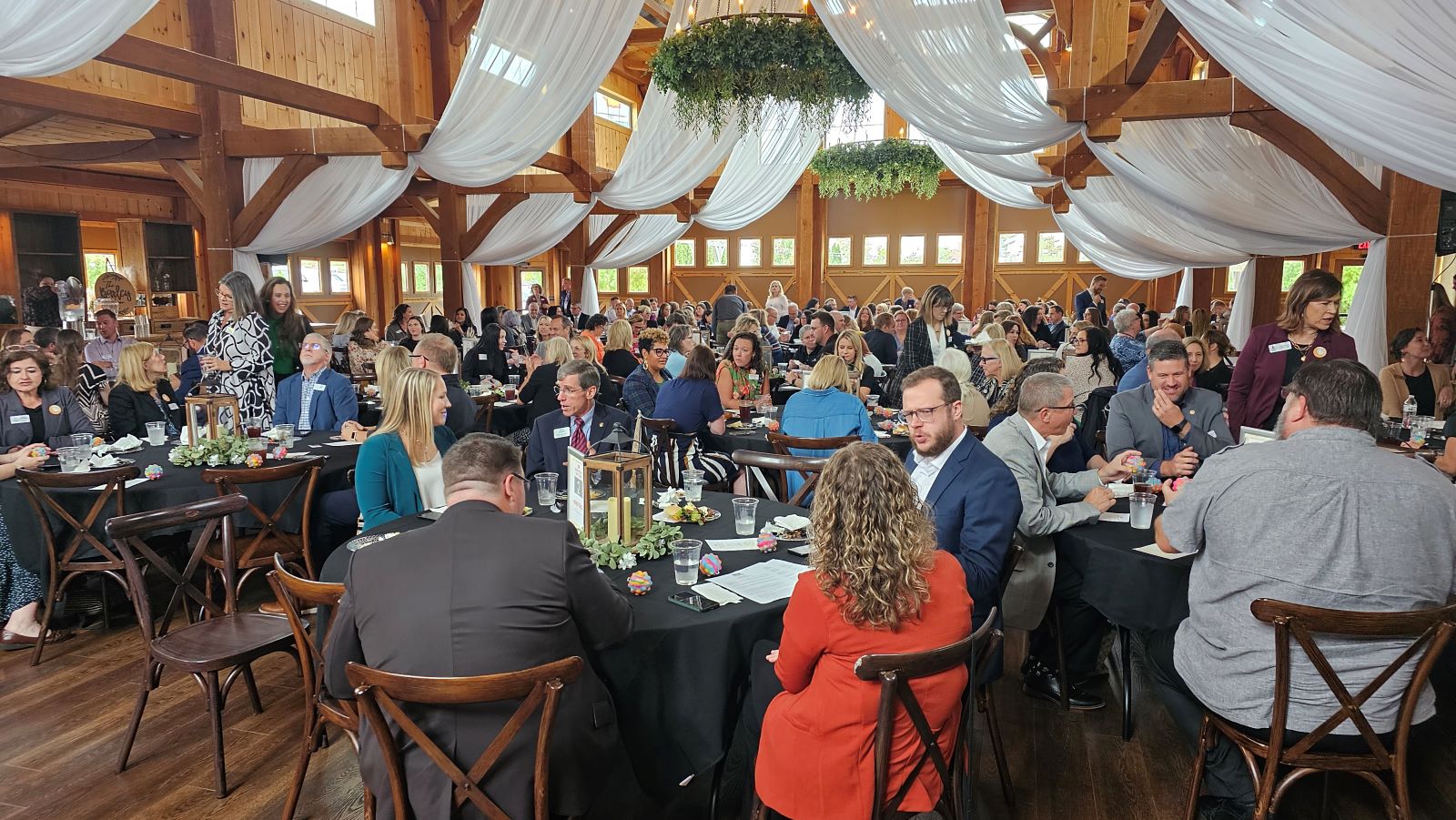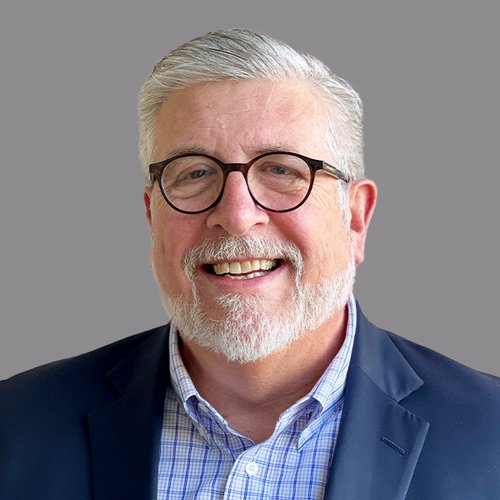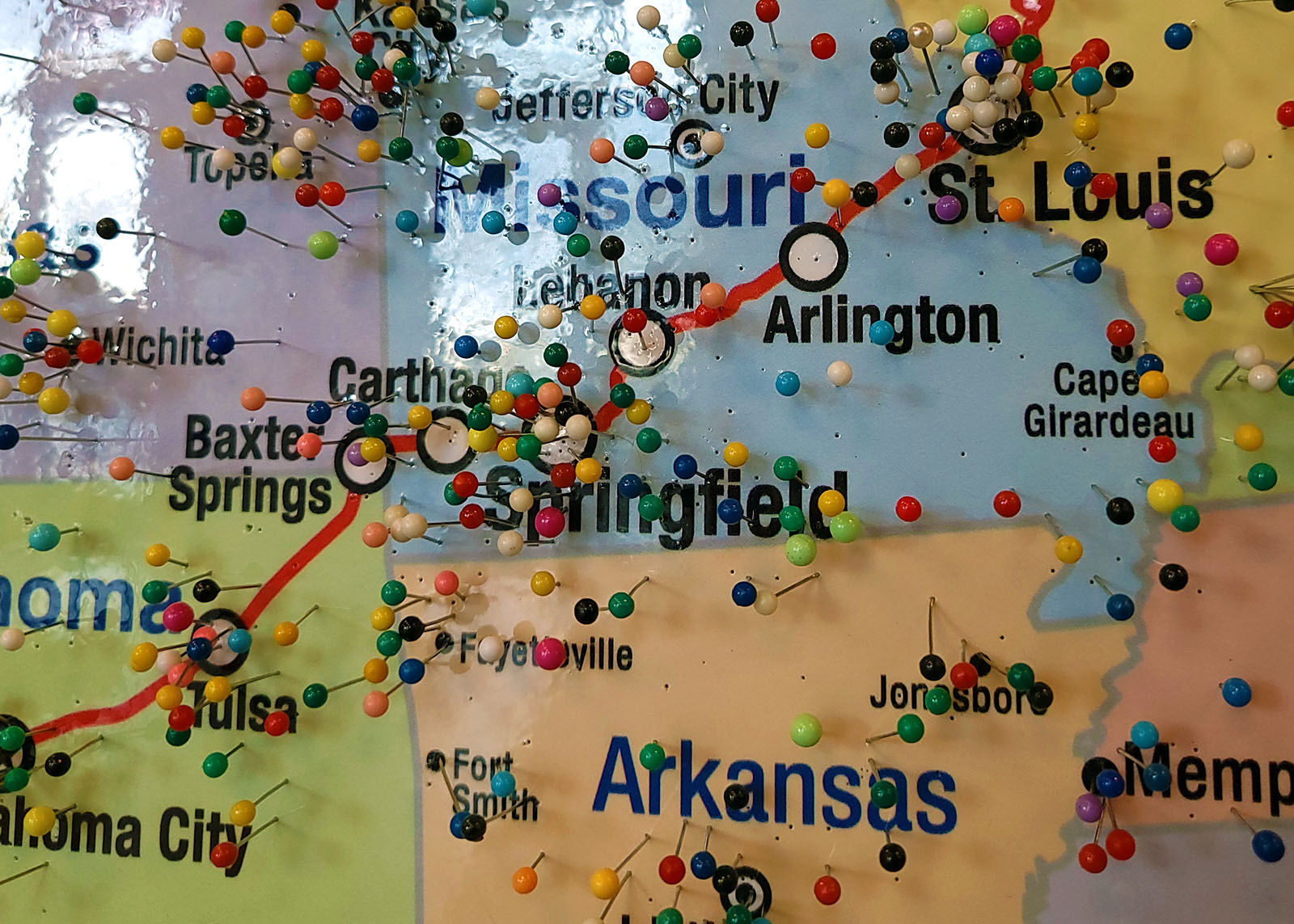The Greater Springfield Metropolitan Area should create a nonprofit aimed at developing ideas for enhanced regional collaboration, according to a Hatch Foundation-funded study released Jan. 11.
Economic Leadership, a North Carolina-based consulting firm, was hired by the Hatch Foundation to create a study on ideas for regionalism developments. The key takeaway from the study is the need for the formation of a nonprofit entity focused on regionalism developments.
According to Economic Leadership founder Ted Abernathy, author of the Hatch-funded study, the nonprofit should focus on workforce attraction and growth, improving regional quality of life and regional branding for a 10-county region in southwest Missouri. A pay-to-play model should be used to attract private sector investment and leadership, Abernathy said.

Abernathy presented the findings of the study to the Springfield Area Chamber of Commerce Jan. 11. In June 2023, the chamber announced former City Utilities chief economic development officer Dean Thompson as its new executive director of regionalism and economic development.
“Having Dean as a resource gives the process a step forward,” Abernathy wrote in the study's conclusions section.
The first step following the presentation will be to work as quickly as possible to determine initial investment and engagement interest, as well as set a schedule to determine the effort either a success or failure, Abernathy said.
A new nonprofit focused on regional developments

While many collaborative groups exist in the Springfield area, “none are currently constituted to be the collaborative capacity needed to engage leaders across sectors and geographies,” Abernathy wrote in the study.
Therefore, a new nonprofit needs to be established, Abernathy said. The nonprofit will act as a vehicle to bring leaders, both private and public, from multiple jurisdictions to address the issue of regionalism development, he said.
The nonprofit should act as “convener and facilitator” of the Springfield metro area's many stakeholders, Abernathy said. The nonprofit should have three clear priorities: workforce attraction and expansion, regional branding and quality of life improvements.
“We do caution that the ultimate success of starting a new organization will likely hinge on engaging more of the region’s private sector, most resource-rich leaders,” Abernathy wrote in the study.
Millions of dollars needed
To move forward with the formation of a nonprofit focused on regionalism developments, the group will need a minimum of $250,000 to $300,000 annually, guaranteed for its first three years, Abernathy said in the study.

Initial membership fees should make up the majority of the funding, but it will also require additional donations and contributions from local foundations, he said.
“If there is not sufficient interest in self-funding, then we would recommend considering a facilitation/collaboration function in a local foundation to create a future base for a stand-alone organization,” Abernathy wrote.
Within the first two years of the organization, it will likely require $1 million to $2 million in additional funding, Abernathy said.
“Allow those investing to determine governance and any additional future representation,” part of the study reads. “Transparency of the effort is important.”
Pay-to-play model
The crucial piece of the model will be engaging regional private sector executives in discussions of workforce, quality of life and branding, Abernathy said. To attract regional leaders and new resources to the issues, Economic Leadership recommends an initial pay-to-play model for private sector executives and business owners, Abernathy said.
The consultancy firm recommends a minimum annual contribution of $25,000 for private sector executives and other business owners in order to be part of the regionalism nonprofit. Once the group is established, it can expand membership to include additional public, education or nonprofit members, Abernathy said.
In its first year, the group should have eight members, Abernathy said. The first step in the group's formation should be a target list of potential members and initial meetings to determine interest, he said.
10-county region has some flexibility

While geography was one of the hardest areas to reach a consensus on, Economic Leadership recommends that the nonprofit focuses on a 10-county planning district, Abernathy said. However, the designated geography should have some flexibility, he said.
“Being too small will always eliminate a key company, investor, or asset,” Abernathy wrote in the study. “The danger of too large a geography is that some areas of focus will be of less interest to some members.”
The study did not identify the 10 counties by name. Historically, the Springfield Regional Economic Development Partnership — an arm of the Springfield Chamber of Commerce — has worked in a 10-county area of Barry, Christian, Dade, Dallas, Greene, Lawrence, Polk, Stone, Taney and Webster counties.
Until a new stand-alone nonprofit is established, Economic Leadership recommends that the effort be placed in an existing foundation until the nonprofit can be incorporated and organized, Abernathy said.

